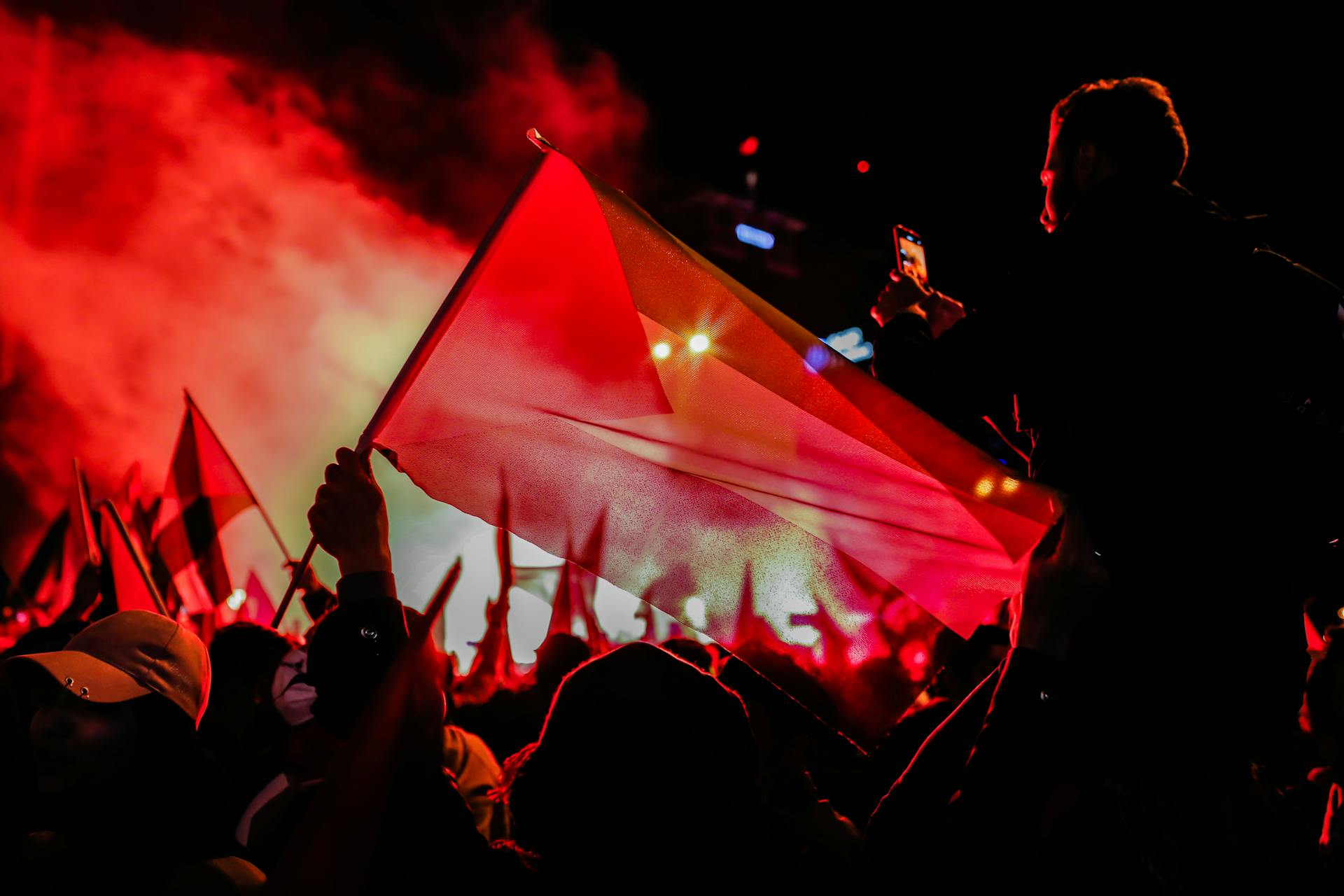The conflict between Israel and Gaza has once again escalated, resulting in tragic consequences for displaced Palestinian families. Recent Israeli airstrikes on a tent camp near Rafah, Gaza, have led to a significant rise in the death toll, highlighting the severe humanitarian crisis in the region.
Background:
The ongoing conflict between Israel and Gaza has been marked by intermittent periods of intense violence, with civilians often bearing the brunt of the hostilities. Rafah, a city in the southern Gaza Strip, has been a focal point in the conflict due to its strategic location and significant population density. The latest series of airstrikes comes after months of escalating tensions and previous incidents that have caused widespread displacement and suffering among Palestinian families.
The Attack:
On May 28, 2024, Israeli airstrikes targeted a tent camp in al-Mawasi, a designated humanitarian area near Rafah. According to Palestinian medical officials and the official Palestinian news agency, at least 21 people were killed, including 12 women. The health ministry in Gaza reported that 64 people were wounded in the attack, with 10 in critical condition. Footage shared on social media showed the immediate aftermath, with people frantically attending to the bloodied victims and covering the bodies of those killed.
Despite the overwhelming evidence and eyewitness accounts, the Israeli military denied conducting a strike in al-Mawasi, stating, “Contrary to the reports from the last few hours, the IDF (Israel Defence Forces) did not strike in the Humanitarian Area in Al-Mawasi.”
Reactions and Statements:
The Palestinian president’s spokesperson, Nabil Abu Rudeineh, condemned the attack as a “massacre” and called for the implementation of a decision by the International Court of Justice (ICJ) ordering Israel to halt its offensive on Rafah. Hamas, the Palestinian group governing Gaza, urged the international community, including the UN Security Council, to take immediate action to protect civilians.
Humanitarian Impact:
The humanitarian situation in Gaza has reached a critical point, with displaced families facing dire conditions. The tent camp in al-Mawasi was one of the few places designated as safe, yet it was not spared from the violence. The lack of hospitals in Rafah further exacerbates the crisis, with injured individuals being transferred to the International Medical Corps field hospital, which is struggling to cope with the influx of patients.
Aid agencies and the UN have expressed grave concerns over the worsening humanitarian conditions. The forced expulsion of Palestinians and the continuous blockade have made it increasingly difficult for aid workers to distribute essential supplies, including food and medicine. The recent shutdown of the Kuwait Specialty Hospital, following Israeli attacks, has left only one operational hospital in the city, straining the already limited medical resources.
Global Response:
The international response to the crisis in Gaza has been one of condemnation and calls for urgent action. The UN and various human rights organizations have demanded an immediate ceasefire and the protection of civilians. The ICJ’s ruling, although significant, has not halted the offensive, leading to further international scrutiny and pressure on Israel to comply with international law.
Hamas has appealed to the global community, stating, “The international community, the UN Security Council, and the ICJ, need to move urgently and take immediate action to stop these grave violations and protect civilians, including women and children.”
The recent airstrikes on the tent camp near Rafah are a stark reminder of the ongoing humanitarian crisis in Gaza. The international community must urgently intervene to protect displaced families and ensure that humanitarian aid reaches those in need. The broader implications of the conflict threaten regional stability, and a sustainable resolution is crucial for the safety and well-being of civilians. The world must act now to prevent further loss of life and alleviate the suffering of Gaza’s people.
FAQs:
- What led to the latest airstrikes in Rafah? The airstrikes are part of the ongoing conflict between Israel and Gaza, with the latest incidents triggered by escalating tensions and previous attacks.
- How are displaced families coping with the ongoing attacks? Displaced families are facing severe hardships, with limited access to safe areas, medical care, and essential supplies.
- What is the international community doing to help Gaza? The international community, including the UN and various humanitarian organizations, is calling for an immediate ceasefire and providing aid, although access remains limited.
- What is the significance of the Rafah area in the conflict? Rafah is strategically important due to its location and the presence of a significant population of displaced Palestinians.
- How can individuals support humanitarian efforts in Gaza? Individuals can support by donating to reputable aid organizations, raising awareness, and advocating for political action to address the crisis.








Warning: Undefined variable $user_ID in /home/iniafrica/public_html/wp-content/themes/zox-news/comments.php on line 49
You must be logged in to post a comment Login